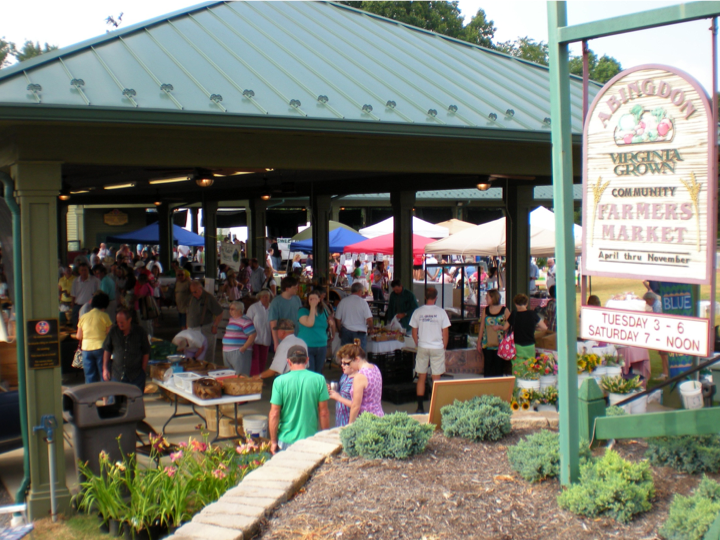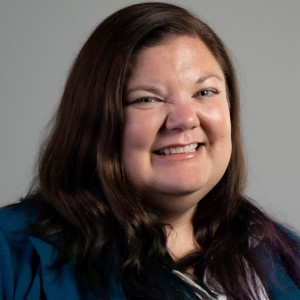Spring Semester Course
ACC 607 - Bottom-Up Economics

The economy is usually seen as a realm of top-down actions – massive multinational corporations make decisions about where and how the rest of us get the things we need and want, and decide what types of jobs they want to make available in which regions. But bottom-up, sustainable, community-led economic development is possible, and we know this because it exists. In this course, students will learn what bottom-up economics is and how it differs from more mainstream approaches to economics. Students will learn some of the myths that obscure the sight of bottom-up economic practices, and will also gain familiarity with several examples of these practices. Finally, during the Community Lab portion of the course, students will explore how bottom-up approaches to the economy can make their communities healthier, happier, more sustainable, and more resilient. *Subject to change
Limited scholarships are available for financial hardship. Please “Apply Now” and follow up with an email to registrar@future.edu to request financial support
Class Meeting Time
Cost
Continuing Education Rate
Scholarship
Course Faculty


Jenny Totten grew up in West Virginia and currently resides in McDowell County, WV. She’s tried to flee her Appalachian roots more than once and finally found herself back home with her passion. Professionally trained as an aerospace and robotics engineer, she discovered after a series of beautiful adventures including Haiti, the 1890 extension system, and the WV nonprofit sector, that she prefers working with communities to engineer their own futures instead.. Read More
Jenny Totten (MS)
Director of Youth Education & Strategic Advancement, Assistant Professor
About our Learning Model
Future Generations University utilizes a unique blended learning model. Our programs combine different streams of instruction to adapt to students’ learning styles and foster community-based learning. All courses include face-to-face (either in person or via Zoom Video-Conferencing) and online components, and are complemented by applied fieldwork in communities (called Community Labs).
Rich while Remote Learning: Small Live-online Classes with Practitioner-Faculty and Peers around the world and across the US. Applied Practical Assignments that center around your community work. Mobile-first Course Materials and Online Resources.
